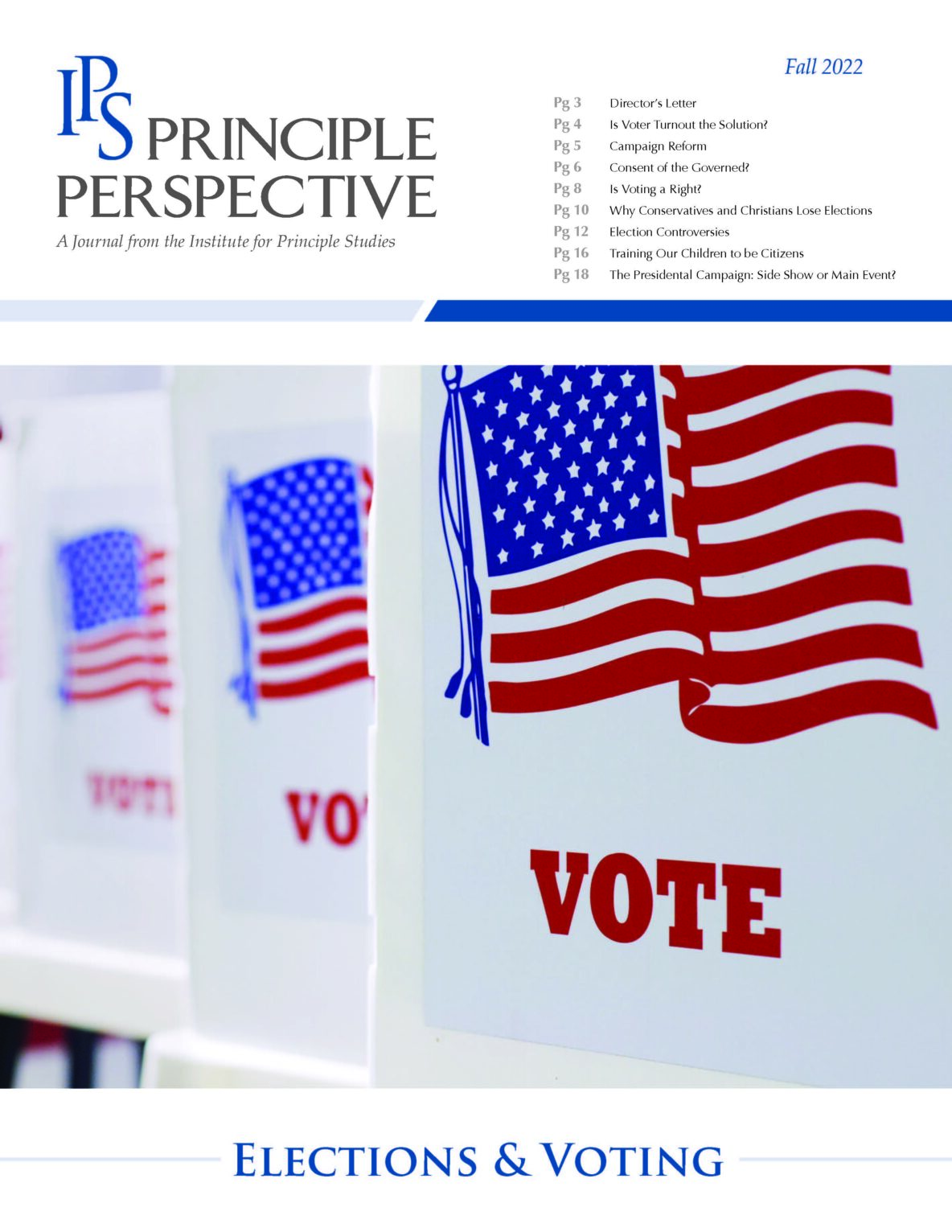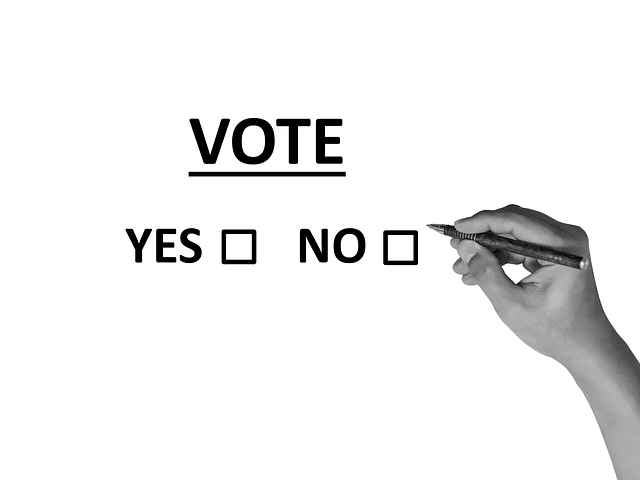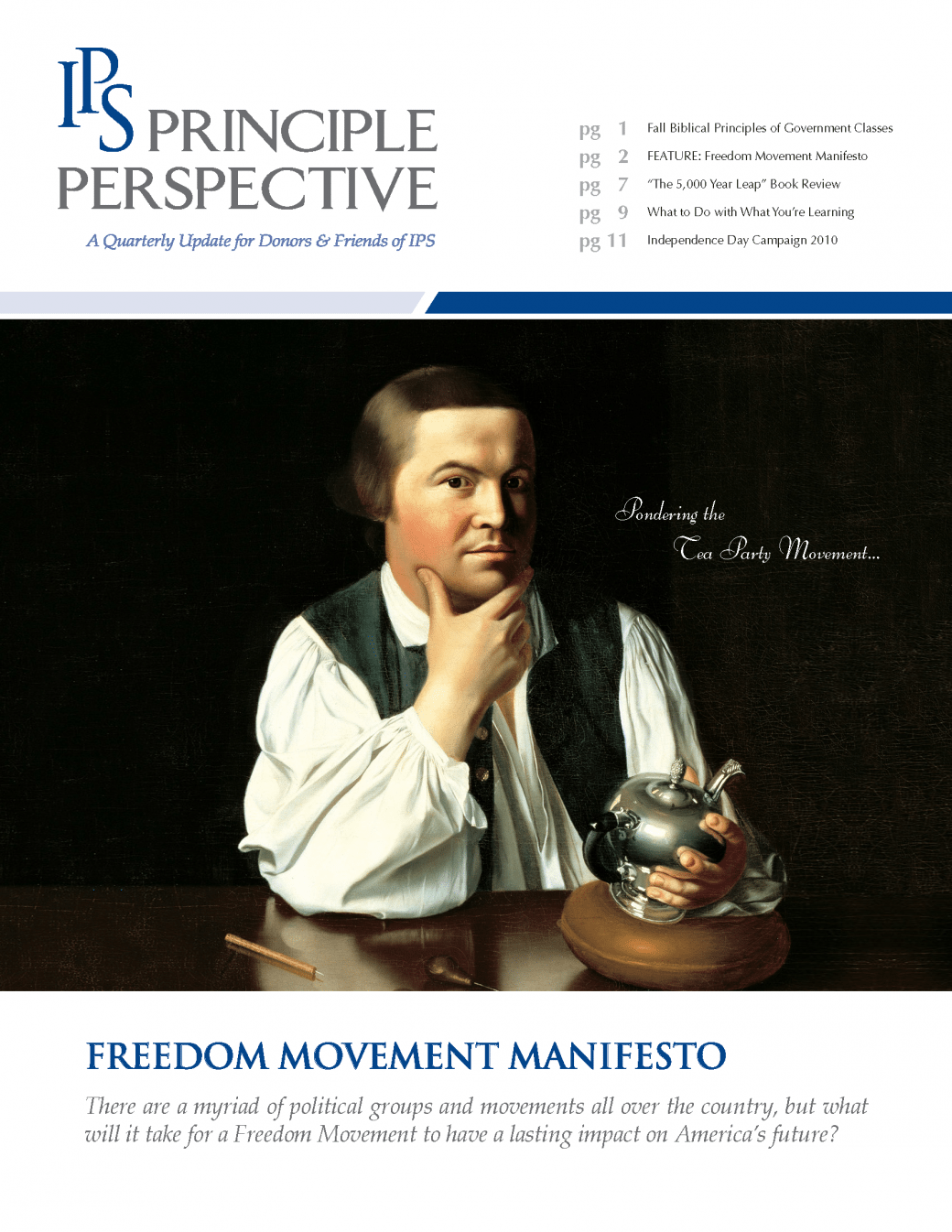Director’s Letter As we leave the tumultuous 2020 election season behind us and look ahead to the upcoming elections, it is healthy to take a break from rhetoric that generates more heat than light and look at voting and elections from a principled perspective. Although this is our first journal without our Founder and dear friend, Mike Winther, you will notice that he had already written quite a bit regarding voting. We are grateful to be able to share these gems with you. Moreover, this journal before you is not meant to be a comprehensive work on elections but merely … Read More
President’s Day
On a day designated as “President’s Day”, I thought it might be good to look at the American presidency. As my readers know, our Constitution created a federal government composed of three branches: the Legislative, the Executive, and the Judicial. Currently, the legislative branch is composed of 535 congressmen (435 house members and 100 senators), the Judicial branch is led by only 9 justices, and the Executive Branch is led by a single person. Because the executive branch is headed by a single person, it is easy to assume that the president is more important or more powerful that our … Read More
Modern American Bond-Servants
By Michael R. Winther, President of the Institute for Principle Studies As we go to the polls on this “Super Tuesday”, many of our ballots will include one or more bond measures. As we ponder our votes, it is good to remember that bond measures are deficit spending. All too often, Americans condemn debt and deficits, but then vote for bonds. We should consider that many of those who vote for these bonds will die before they are paid off. Still worse, Americans who are not yet old enough to vote will be paying these debts (and the interest) for … Read More
Timeless Voter Guide
Voter guides abound, but how many actually focus on the principles of the issues? And how many are reusable year-after-year despite policy changes? To expand on the prior post, “To Vote or not to Vote?”, here is a timeless voter guide that will help you critically evaluate the upcoming local and statewide ballot initiatives. While this timeless voter guide is geared toward evaluating propositions, measures, statutes, etc., it can be applied to candidates by determining if their voting history fails or passes these tests. Timeless Voter Guide This list contains 14 critical tests that can be used to evaluate any proposal … Read More
To Vote or not to Vote?
With state and local midterm elections next month, it seemed appropriate to address the issue of voting and its biggest misconception. Vote? We frequently see public service messages telling people to “get out and vote”. It is not at all uncommon to hear radio talk show hosts tell us that the problems in our country are the result of voter apathy. Admonishing non-voters to vote sounds noble, but is it good policy? Do our nation’s problems really stem from electoral non-participation? Let’s start by identifying the ultimate goal of our electoral process. Is our ultimate goal to achieve broad participation … Read More
The Presidential Campaign: Side Show or Main Event?
By Mike Winther, President of Institute for Principle Studies The Presidential Campaign: Side Show or Main Event? In each four-year presidential cycle, much of America becomes completely enamored with the drama of the presidential election. We follow the media as they follow the presidential candidates—we become the paparazzi following the paparazzi. For many Americans, the presidential race is a hybridization of entertainment, drama, sport, and ultimately distraction. Although the presidential election is certainly important, I believe that our current perspective on the President and the presidential election is harmful to our efforts to produce positive change in America. While we … Read More
Could We be Campaigning our Way to Defeat?
An IPS Essay By Michael R. Winther, President of the Institute for Principle Studies Note to readers: While the following article is addressed specifically to the Tea Party movement, the principles discussed here are relevant to every organization and movement in support of a cause. Freedom Movement Manifesto: Could We be Campaigning our Way to Defeat? One of the most frequently-asked political questions of our day is, “What will come of the Tea Party movement?” Both the left and the right seem to recognize the potential of this movement, but will this “potential” ultimately result in any substantial impact on … Read More
The Freedom Movement Manifesto
The Freedom Movement Manifesto Note to Readers: While the following article is addressed specifically to the Tea Party movement, the principles discussed here are relevant to every organization and movement in support of a cause. One of the most frequently-asked political questions of our day is, “What will come of the Tea Party movement?” Both the left and the right seem to recognize the potential of this movement, but will this “potential” ultimately result in any substantial impact on America or American politics? The Tea Party movement currently has momentum, but long-term success will require caution and strategy. Here are four … Read More
Why Conservatives and Christians Lose Elections
An IPS Commentary By Michael R. Winther, President of the Institute for Principle Studies Why Conservatives and Christians Lose Elections The 2006 elections are over. Conservatives, Christians, and those with traditional values won a few, but lost many, many more. There were many hotly contested races—races in which Christians and conservatives invested fortunes of time and money… but still lost. Was this time and money wasted? Not necessarily, but in most cases, it means that conservative Christians are not in touch with the voters. That’s right, conservative Christians are the ones that are out of touch with voters. This is … Read More






